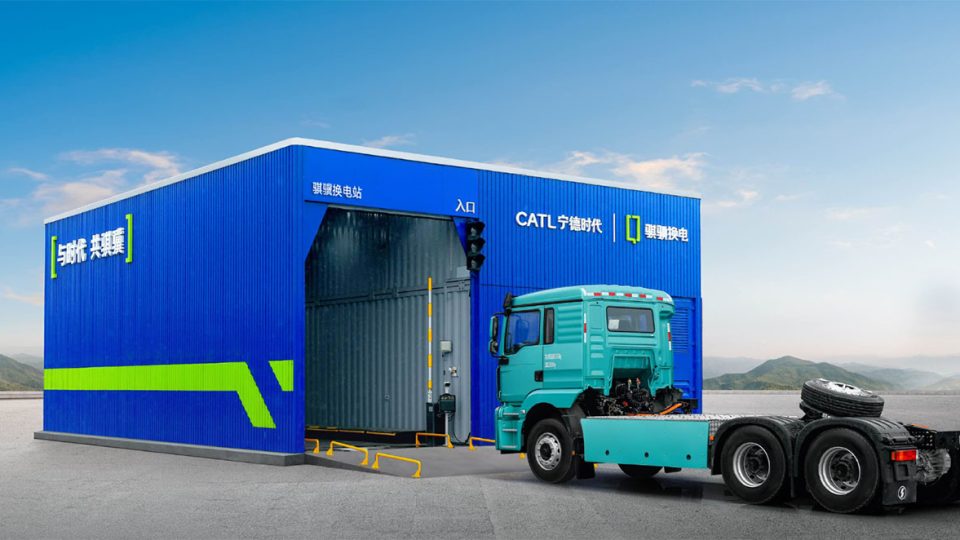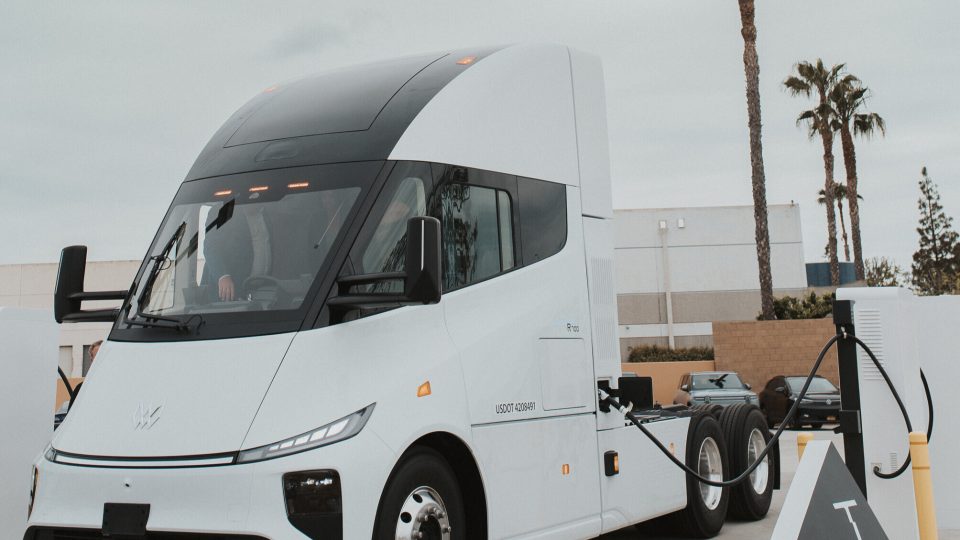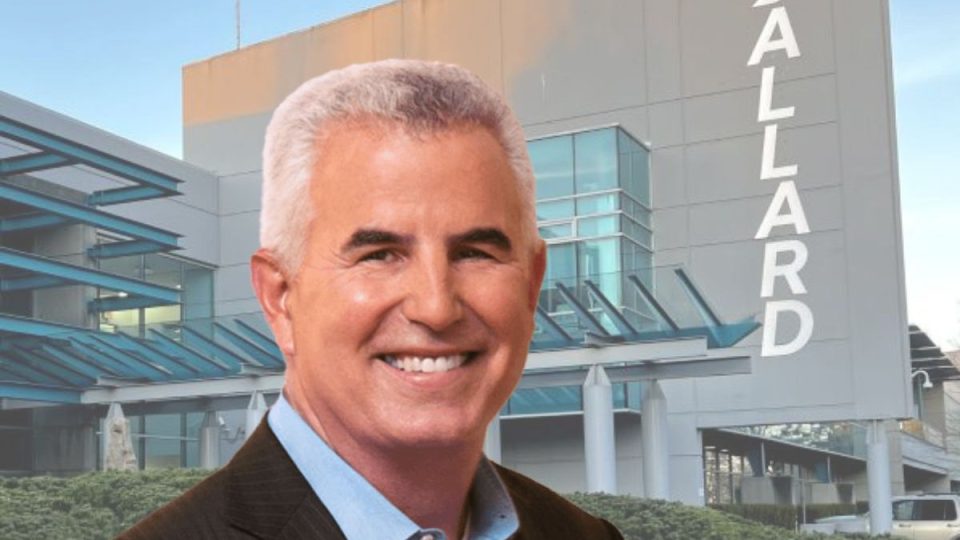Tevva Hydrogen Electric Trucks no longer exists
There are no official news, except some rumors on social media. Nevertheless, if you go searching on Google, Tevva Hydrogen Electric Trucks has reportedly ended its activity.

There are no official news, except some rumors on social media. Nevertheless, if you go searching on Google, Tevva Hydrogen Electric Trucks has reportedly ended its activity. In May, we published the news that the UK-based e-truck manufacturer was looking for new investors and filed for insolvency. At that time, Tevva published a comment on our LinkedIn page but did not deny.
What happened at Tevva?
Now, the entrepreneurial adventure of the manufacturer seems to have come to an end. It all started from the missed opportunity of the agreement with ElectraMeccanica, with the latter withdrawing after an initial statement for mutual cooperation. Then, ElectraMeccanica shifted towards Californian e-van manufacturer Xos Trucks.
We will be waiting for some more news about Tevva, which was indeed struggling to find its own place in the market. The initial offer included a 7.5-ton electric trucks, with the idea of using fuel cell modules as range extenders, as CEO Asher Bennett told us in this interview, released in March 2023.

















